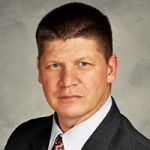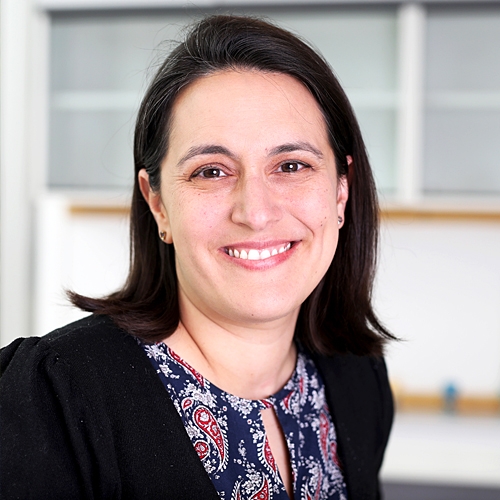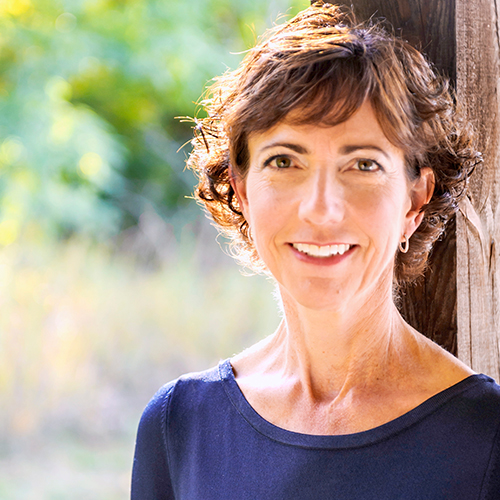 IBCLC Detailed Content Outline: Development and Nutrition / Maternal Focused CERPs - Section I B
IBCLC Detailed Content Outline: Development and Nutrition / Maternal Focused CERPs - Section I B
Access CERPs on Development and Nutrition / Maternal for the IBCLC Detailed Content Outline recertification requirements. On-demand viewing of the latest Development and Nutrition / Maternal focused IBCLC CERPs at your own pace.
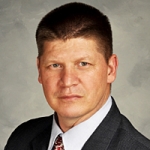

Tom Johnston is unique as a midwife and lactation consultant and the father of eight breastfed children. Recently retired after 27 years in the US Army, he is now an Assistant Professor of Nursing at Methodist University where he teaches, among other things, Maternal-Child Nursing and Nutrition. You may have heard him at a number of conferences at the national level, to include the Association of Woman’s Health and Neonatal Nurses (AWHONN), the International Lactation Consultant’s Association (ILCA), or perhaps at dozens of other conferences across the country. In his written work he routinely addresses fatherhood and the role of the father in the breastfeeding relationship and has authored a chapter on the role of the father in breastfeeding for “Breastfeeding in Combat Boots: A survival guide to breastfeeding in the military”.
Topic: Human Milk Synthesis: Just When You Thought You Knew - [View Abstract]
Topic: New Insights Into the Maternal Child Microbiome - [View Abstract]
Topic: Promoting Provider Self-Efficacy in Breastfeeding Support - [View Abstract]
Topic: Still Swimming Upstream: Breastfeeding in a Formula Feeding World - [View Abstract]
Topic: The Making of Human Milk: A Clinical Update - [View Abstract]
Topic: The Maternal-Child Microbiome or: The “Oro-boobular axis” - [View Abstract]
Topic: The Maternal-Child Microbiome or: The “Oro-boobular axis” - [View Abstract]
Topic: The Perinatal Microbiome - [View Abstract]
Topic: Using Evidence to Develop Clinical Lactation Skills - [View Abstract]
Did you know that a mother who breastfeeds her child is more likely to “match” as an organ donor than a mother who does not breastfeed her child? How does that happen? The answer may lie in the Maternal-Newborn Microbiome, AKA “The Oro-boobular” axis. The scientific world is exploding with excitement over the discovery of the microbiome. While it appears clear that a suckling infant’s intestinal microbiome communicates with the mother’s lactocyte and perhaps beyond, little is known about the effects of this communication in practical terms. This presentation will review what is known and attempt to explain what it means, both now and in the future.

View Details / Enroll
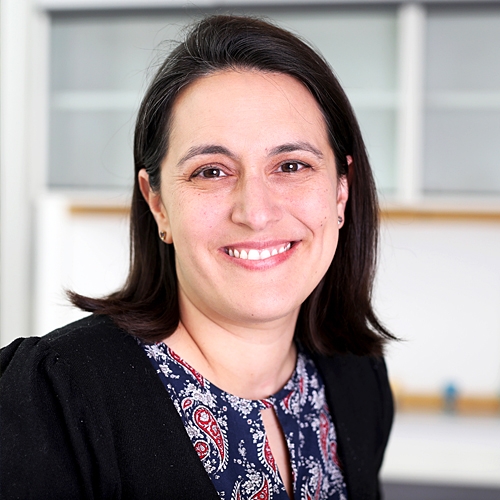

Dr Natalie Shenker is a former surgeon, scientist, and the cofounder of the Human Milk Foundation, which aims to ensure more babies are fed with human milk. As well as supporting a range of educational and research studies, the HMF aims to ensure assured access to screened donor milk through a network of human milk banks based on the cost-effective innovative model of the Hearts Milk Bank (HMB). Milk banks provide screened breastmilk to premature babies whose own mothers need time to establish breastfeeding, protecting them from a range of life-threatening complications and supporting the mother to breastfeed. The HMB has been operating in the UK for 18 months, and has supported neonatal units as well as families in the community where breastfeeding is impossible or taking time to establish.
Evolution has created human milk as a way to protect the baby postnatally, patterning the immune system and microbiome, and providing diverse developmental cues for each organ system to develop normally. Milk also provides nutrition. When screened donated human milk (DHM) is available, mothers facing the most stressful circumstances of having an ill premature baby tend to have high chances of establishing breastfeeding. If donor milk is used appropriately as a bridge to lactation, they are less likely to perceive that their bodies have failed. The work of the Hearts Milk Bank over 18 months have laid the foundation for a UK-centred drive to upscale milk bank capacity, facilitate research to determine the optimal use of donor milk, and support a shift in perception about the role of human milk, underpinned by the latest science.

View Details / Enroll
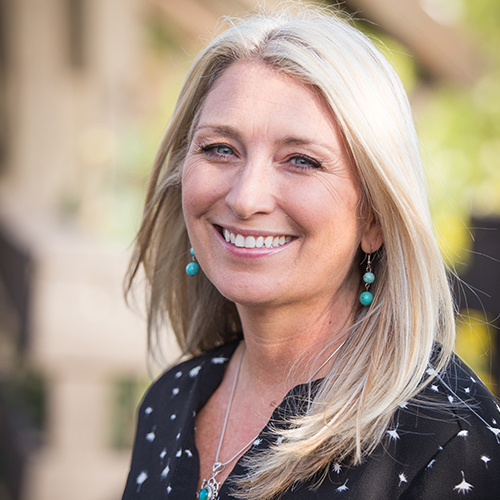
Unraveling the Mysteries of Human Milk: The Fascinating Role of Neohormones, Epigenetics, the Microbiome and More!

Laurel Wilson, IBCLC, CLE, CCCE, CLD is a TEDx and international speaker, author, pregnancy and lactation expert, and consultant. She served as the Executive Director of Lactation Programs for CAPPA, the Childbirth and Postpartum Professional Association for 16 years and now is on the Senior Advisor Board. She served on the Board of Directors for the United States Breastfeeding Committee from 2016-2019. She also is on the Advisory Board for InJoy Health. She owns MotherJourney, focusing on training perinatal professionals on integrative and holistic information regarding pregnancy, childbirth, and breastfeeding. She has her degree in Maternal Child Health: Lactation Consulting and is an internationally board certified lactation consultant. As the co-author of two books, The Attachment Pregnancy and The Greatest Pregnancy Ever, original Editor of the CAPPA Lactation Educator Manual, and contributing author to Round the Circle: Doulas Talk About Themselves, she loves to blend today’s recent scientific findings with the mind/body/spirit wisdom. Laurel has been joyfully married to her husband for nearly three decades and has two wonderful grown sons, whose difficult births led her on a path towards helping emerging families create positive experiences. She believes that the journey into parenthood is a life-changing rite of passage that should be deeply honored and celebrated.
Topic: Epigenetics and Breastfeeding: The Potential Longterm Impact of Breastmilk - [View Abstract]
Topic: Hold the Phone! Diet Does Matter During Breastfeeding: Implication of Diet on Fatty Acid Composition and Other Nutrients - [View Abstract]
Topic: Postpartum Mood Disorders, Breastfeeding and the Epigenetic Links from Past Into Future - [View Abstract]
Topic: Talk To Me: How Breastmilk Acts as a Communication and Gene Expression Tool Between Mother and Child - [View Abstract]
Topic: The Milk Sharing Conundrum - The Grey Area Between Scope and Need - [View Abstract]
Topic: The Placenta and Breastmilk-Unraveling the Mysterious World of the Intelligent Organs that Protect our Babies - [View Abstract]
Topic: Understanding Zika and Lyme and Breastfeeding - [View Abstract]
Topic: Unraveling the Mysteries of Human Milk: The Fascinating Role of Neohormones, Epigenetics, the Microbiome and More! - [View Abstract]
As humans evolved, the milk specific to nourishing, protecting, and developing their babies went through an incredible transformation. The unique demands of having placentas, growing large brains, and making milk for infants that required rapid maturation post-delivery led to a unique set of neohormones. Neohormones not only facilitate reproduction in the mammal, but they direct the development of mammary tissue and are a significant component of human milk. Neohormones interact with the epigenome and microbiome, targeting certain genes to lead to reproductive success for the mammal. Human milk prepares the infant’s epigenome and microbiome for long-term health and adaptation to the environment. Learn about these fascinating components in human milk and the extraordinary role they play in human development.
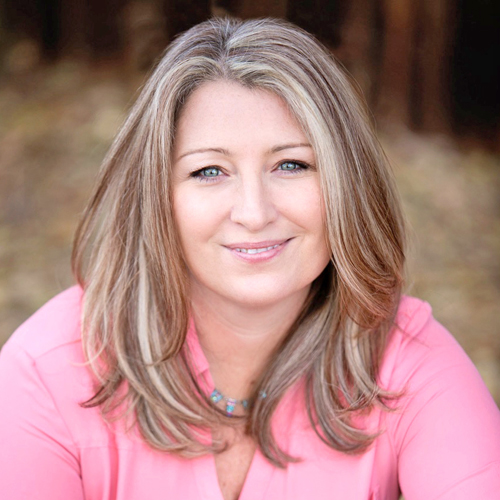
View Details / Enroll
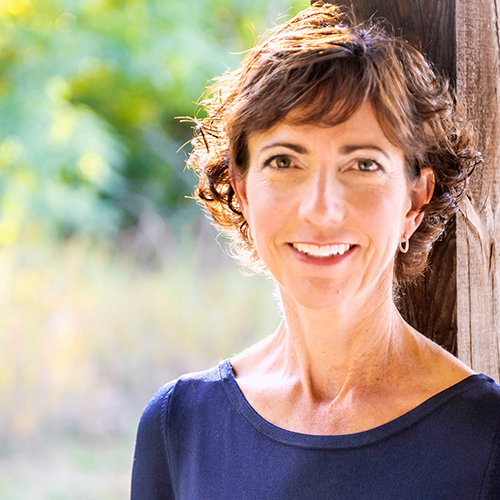

Dr. Unger is a neonatologist at Sinai Health in Toronto, Canada. She is the medical director of the Roger Hixon Ontario Human Milk Bank and a professor of pediatrics at the University of Toronto. She is a co-primary investigator for the Canadian Institutes of Health Research funded MaxiMoM: Maximizing Mother’s own Milk Program of research. Dr Unger graduated from medical school at Dalhousie University on the east coast of Canada. She is the proud mother of three teenage daughters.
Although human milk confers important health promotion benefits to all infants, vulnerable babies admitted to an NICU stand to benefit even more. Their parents are typically strongly motivated to provide their own milk, although for a variety of reasons, such as parental ill health and stress (often complicated by the pandemic), parents may not have a full volume of their own milk. In this case, donor milk is the recommended supplement to bridge until parent’s milk is available. There is strong research evidence to support the use of human donor milk in preterm infants to prevent necrotizing enterocolitis, while there is less available evidence for the use of donor milk in late preterm infants. There are important differences between parent’s milk and donor milk with respect to their nutrient and non-nutrient components which may be secondary to processing techniques used in creating batches of donor milk. It is important to understand these differences and be able to interpret nutritional labelling on donor milk. Newer techniques in pasteurization may address some of the losses of bioactive molecules in human milk.

View Details / Enroll
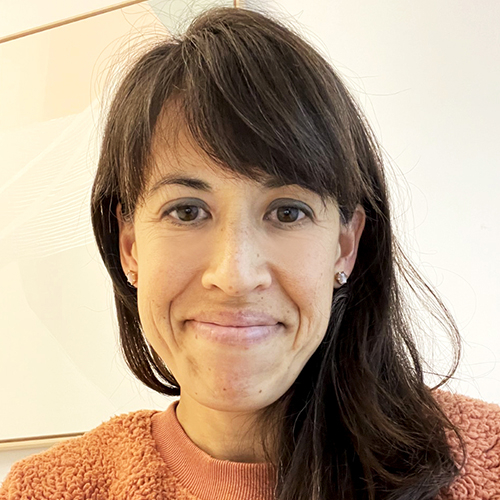
What Is Stopping Us? Kangaroo Care Implementation in Neonatal Intensive Care Units

Sarah Coutts is a registered nurse and lactation consultant with over 10 years experience in the neonatal intensive care unit. She currently is working as a Developmental Care Specialist in a NICU in Vancouver, Canada. Previous to this position Sarah was the Kangaroo Care Coordinator of an implementation science study to improve uptake of Kangaroo Care in NICUs in British Columbia. She is part of team of clinicians and researchers interested in understanding the barriers and enablers to Kangaroo Care from both the healthcare provider and parent perspectives and creating innovative strategies to increase knowledge and practice of Kangaroo Care in the NICU. She is passionate about raising awareness of the positive outcomes of zero separation between preterm and sick infants and their parents in the NICU.
Preterm infants are at increased risk for impaired neurodevelopmental outcomes (Stoll et al, 2010). There is evidence supporting the differences in outcomes related to how we provide care to preterm infants and the effects of the environment in which the care takes place. One of the most effective ways to reduce impaired infant outcomes is inviting parents to actively participate in care activities and provide Kangaroo Care (Boundy et al., 2016; Charpak et al., 2017). Despite international recommendations, empirical evidence, and an implementation science project focused on strengthening Kangaroo Care in neonatal intensive care units in British Columbia, Canada, implementation has been slow due to various barriers to uptake (Charpak et al., 2020; Coutts et al., 2021; WHO, 2020). A ‘one size fits all’ approach cannot guide Kangaroo Care implementation as it is a complex intervention and each NICU presents unique barriers and enablers. The uptake of Kangaroo Care relies on the involvement of parents and healthcare providers and their understanding and commitment to the evolving paradigm shift in neonatal care. This transition requires environmental and social supports, systems level change of philosophies of care, and assistance for healthcare providers to recognize their changing role.
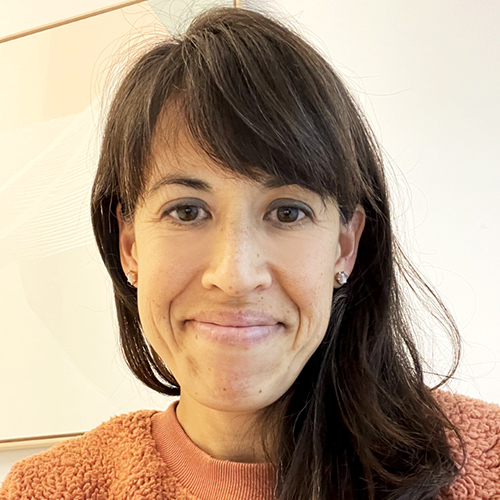
View Details / Enroll
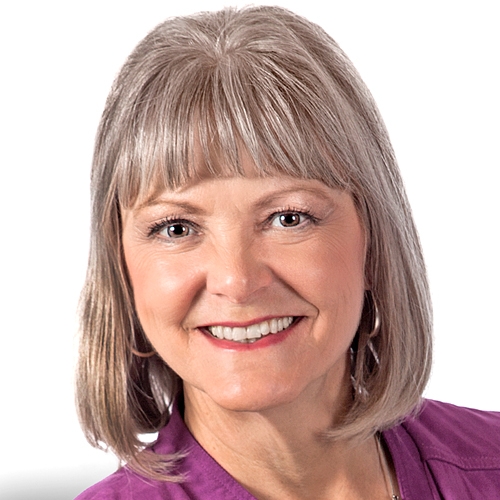
“Zooming Ahead”; Post-NICU Discharge Very-Low-Birth-Weight Infant Follow-up Program Goes Virtual

Karen has worn a number of hats in her nursing career but always comes back to her passion for premature babies. Her background includes NICU nurse, transport nurse and NICU educator, rural nursing, staff development, pediatrics, pediatric intensive care, and community health. For over 20 years Karen has lead Calgary’s specialized “Neonatal Transition Team”, which she will talk about today. Karen has presented locally, nationally, and internationally and has also been co-investigator in several research and quality improvement studies examining outcomes for very low birth weight infants. For nearly 30 years, Karen taught, wrote instructional material, and produced on-line courses for nurses to earn a certificate in neonatal nursing through Mount Royal University. Karen is a past-president of the Canadian Association of Neonatal Nurses and served on this national board for 12 years, and on the international board of the Council for International Neonatal Nurses for 3 years. In 2019, Along with co-author, Tammy Sherrow, Karen published the book “Preemie Care: A guide to navigating the first year with your premature baby”.
Topic: “Zooming Ahead”; Post-NICU Discharge Very-Low-Birth-Weight Infant Follow-up Program Goes Virtual - [View Abstract]
Many preterm infants remain vulnerable following discharge from the neonatal intensive care unit (NICU). Health challenges persist beyond the NICU including respiratory illness, breastfeeding progression, bottle feeding incoordination, behavior and development issues, impaired growth, infrequent stooling, and gastroesophageal reflux. Preterm infants are up to two times more likely than full term infants to be hospitalized in the first year of life. Parents are challenged to transition their premature baby home and to keep them home!
Community-based, specialized follow-up services following NICU discharge have a powerful impact. The Neonatal Transition Team in Calgary, Alberta, Canada provides post-NICU follow-up for very-low-birth-weight infants and their families. The team consists of community health registered nurses with advanced skill in premature infant outcomes, feeding and neurodevelopmental assessment, and a consultation partnership with nutritional and feeding specialists. While home visits have been the backbone of this service, the team questioned the feasibility and acceptance of virtual care and completed a three month quality improvement pilot. This virtual care pilot demonstrated optimization of health-care resources by providing safe, high-quality care at a reduced operational cost. The pilot was instrumental in the team’s management during the SARS-COVID-19 pandemic. Virtual care has been fully operationalized into the service delivery model and expanded to serve other newborns with feeding or growth challenges.
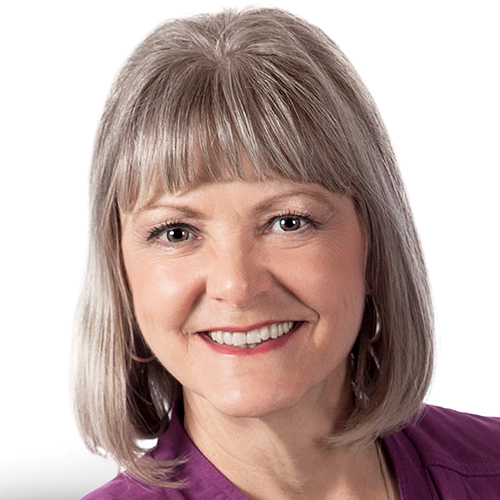
View Details / Enroll



